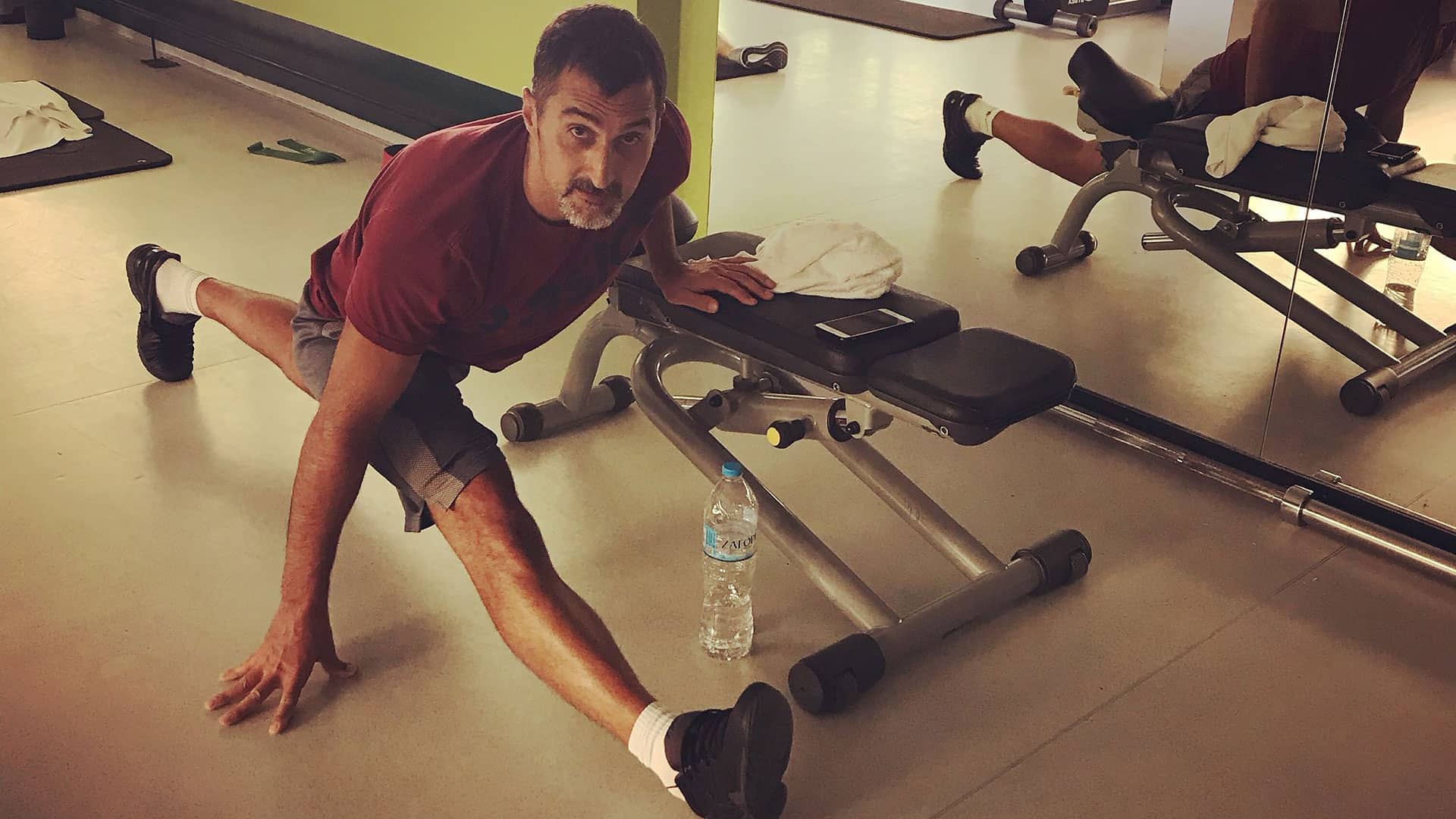| Fed Cup 2019 |
|---|
| Venue: University of Bath Dates: 6-9 February 2019 |
| Coverage: BBC website will have live text commentaries on selected GB matches from 16:30 GMT on Wed-Fri. |
Johanna Konta held her nerve to secure victory for Great Britain over Slovenia in their first home Fed Cup tie for 26 years.
Britain’s world number 39 saved three set points in a tense first-set tie-break, before eventually beating Dalila Jakupovic 7-6 (9-7) 6-2.
Earlier, Katie Boulter gave GB a winning start by overcoming 18-year-old Kaja Juvan 6-4 6-2 in Bath.
Those wins gave GB an unassailable 2-0 lead in the round-robin tie.
GB are bidding to reach the World Group II play-offs for a third consecutive year.
There are eight teams – split into two groups – taking part in the Europe/Africa round-robin event in Bath between Wednesday and Saturday, with only one side able to progress to April’s play-off event to fight for promotion to the second tier.
‘Ultimate pro’ Konta seals victory
It took Konta an hour and 20 minutes to win a gripping first set against 27-year-old world number 86 Jakupovic.
There were eight breaks of serve and Konta saved three set points by winning four points in a row in the tie-break before slamming a forehand on to the outside edge of the line to claim the set.
She produced a more commanding performance to take the second set, wrapping up victory on her third match point when Jakupovic netted a service return.
“Jo did a great job to come through that first set. It wasn’t easy but Jo is the ultimate pro,” GB captain Anne Keothavong told BBC Sport.
“She’s focused, she’s been there, she knows how to do it and with someone like her, you have to respect that she knows what she’s doing.”
Boulter races to swift win
Earlier, Leicester-born Boulter, who is at a career-high singles ranking of 83 in the world, dominated her rubber, cheered on by a sell-out crowd at the University of Bath’s Sports Training Village.
Her victory in one hour two minutes was 18 minutes quicker than Konta’s first set.
“Being here is quite tremendous. Everyone showed so much support out there,” said Boulter, who was making her singles debut in the Fed Cup.
“I had a great team around me to help me with those nerves and put me in the right place mentally.”
Watson misses out with illness
GB’s Harriet Dart and Katie Swan will take on Jakupovic and Juvan in Wednesday evening’s doubles, with British number three Heather Watson unavailable because of illness.
Watson, who was replaced by Boulter as British number two last month, is the most experienced member of the team with 31 Fed Cup appearances compared to 20 for Konta.
Keothavong said she was “hopeful” Watson would recover in time to play this week but did not give details of the illness.
“She was on the practice court with us yesterday and we thought she was getting better but it wasn’t the case,” she said.
“So she just needs time to recover and get herself in the best shape possible. She’s still very much part of this team. She’s desperate to play a part in this home tie.”
While the tie has already been won, the result of the doubles rubber could still be important in the final standings if teams are level.
Greece and Hungary make up the rest of Group A, with each team playing one round-robin fixture on Wednesday, Thursday and Friday.
On Saturday, the table-toppers will face the winners of Group B to decide who will progress from Bath to April’s World Group II play-off.
Great Britain – ranked 18th in the world – are the favourites to top Group A, as they bid to end their long wait for a return to the second tier, having been outside the World Group since 1993.
- ‘Rare home Fed Cup crowd can inspire GB’
- Great Britain in the Fed Cup – results & schedule
- Alerts: Get tennis news sent to your phone







